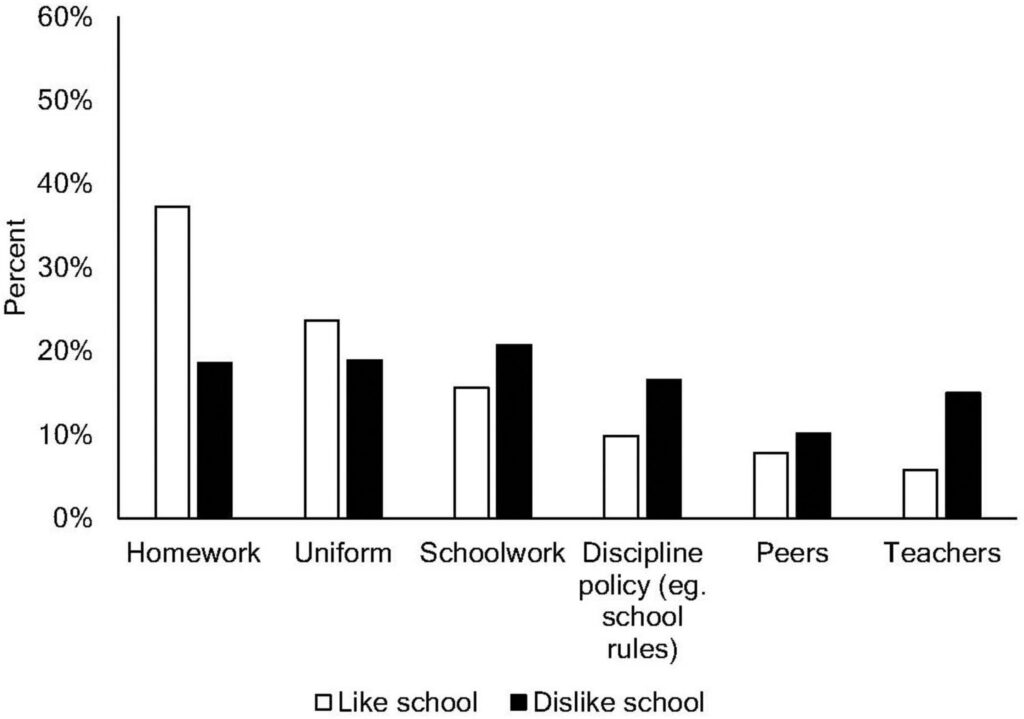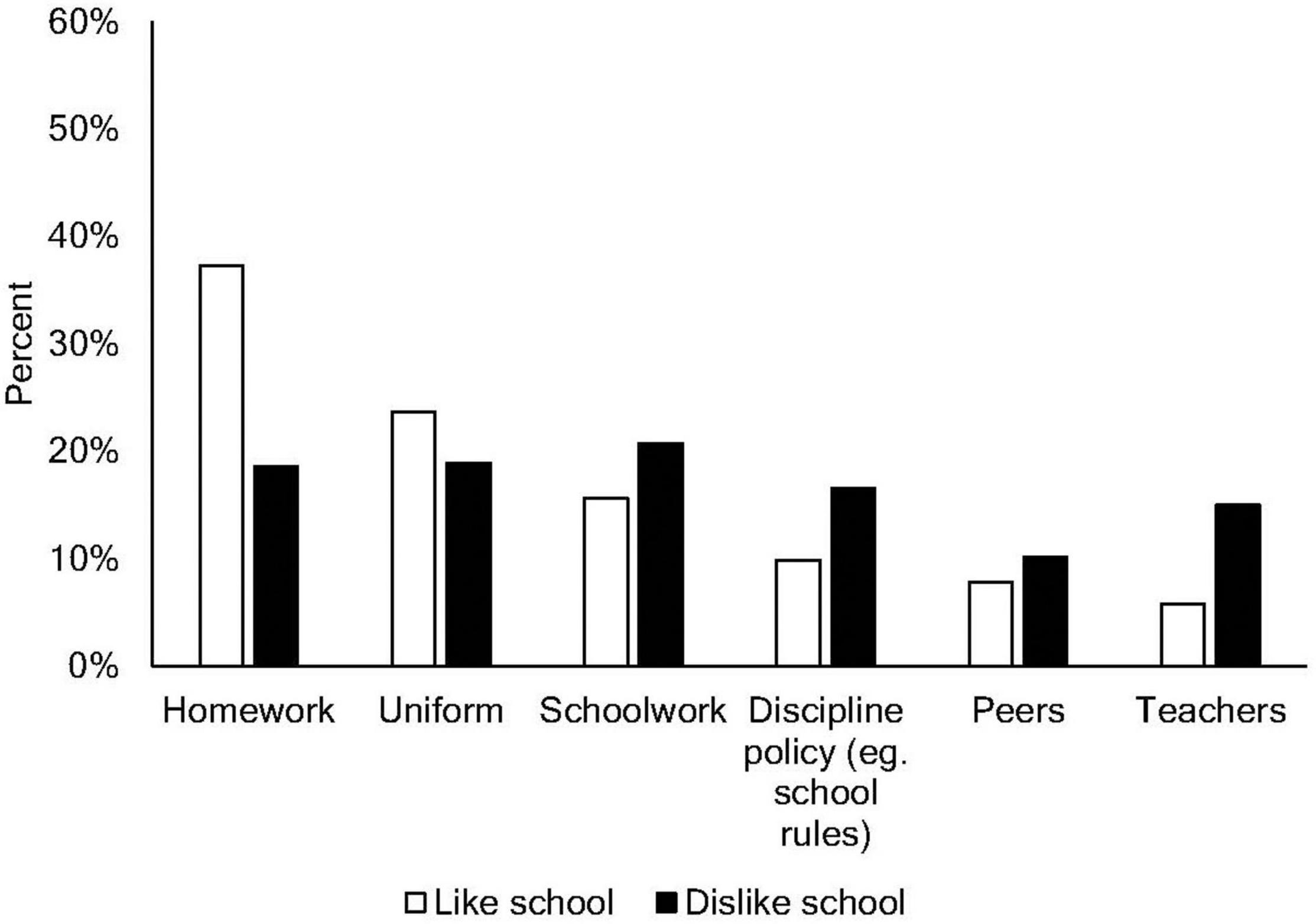
Navigating the Social Labyrinth: Understanding and Overcoming Not Being Liked in High School
High school, often romanticized in movies and television, can be a challenging social landscape for many. The desire to fit in and be liked is a common and powerful force during these formative years. However, the reality is that not being liked in high school is a surprisingly common experience. This article explores the reasons behind this phenomenon, its potential impact, and strategies for navigating this often-turbulent social environment. Understanding the dynamics at play can empower individuals to cope effectively and build resilience.
The Prevalence of Social Disconnect
It’s crucial to acknowledge that not being liked in high school doesn’t equate to a personal failing. High school social circles are often influenced by factors such as cliques, social hierarchies, and evolving identities. Many students feel a sense of disconnect at some point, whether due to personality clashes, differing interests, or simply being in the wrong place at the wrong time. This isn’t necessarily indicative of a long-term social problem but rather a temporary phase in development.
Common Reasons for Social Isolation
Personality Clashes
Individuals possess unique personalities, and sometimes these personalities simply don’t mesh well with others. A student might be introverted in an environment that values extroversion, or they might have different values or senses of humor that lead to friction. These clashes are normal and don’t reflect negatively on anyone’s character.
Differing Interests and Hobbies
High school is a time of exploration and discovery. Students often gravitate toward others who share their passions, whether it’s sports, music, academics, or other extracurricular activities. If a student’s interests diverge from the dominant trends within their school, they may find it harder to connect with their peers. This can lead to feelings of not being liked in high school.
Social Anxiety and Shyness
Social anxiety and shyness can create significant barriers to forming connections. Students struggling with these challenges may find it difficult to initiate conversations, participate in group activities, or assert themselves in social situations. This can lead to a perception of aloofness or disinterest, even if the student deeply desires to connect with others.
Rumors and Misunderstandings
The rumor mill can be particularly damaging in high school. Misunderstandings or false information can quickly spread, leading to negative perceptions and social ostracization. Once a student is labeled or associated with a negative stereotype, it can be challenging to overcome that reputation, contributing to the feeling of not being liked in high school.
Bullying and Exclusion
Unfortunately, bullying and exclusion are realities in many high schools. Students who are perceived as different or vulnerable may become targets of bullying, which can range from verbal taunts to physical aggression to social exclusion. This experience can be incredibly isolating and damaging to self-esteem.
The Impact of Not Being Liked
The experience of not being liked in high school can have several negative consequences, both short-term and long-term.
Emotional Distress
Feelings of loneliness, sadness, anxiety, and low self-esteem are common among students who feel socially isolated. These emotions can interfere with academic performance, extracurricular involvement, and overall well-being.
Academic Performance
Social isolation can negatively impact academic performance. Students who feel unhappy or unsupported may lose motivation, struggle to concentrate, and experience difficulty engaging in classroom activities. They may also avoid seeking help from teachers or peers, fearing further judgment or rejection.
Mental Health Concerns
Prolonged social isolation can increase the risk of developing mental health problems, such as depression and anxiety disorders. It can also exacerbate existing mental health conditions. Seeking professional help is crucial for students who are struggling with these issues.
Long-Term Social Development
While high school is not the be-all and end-all of social development, negative experiences during these years can shape a person’s future relationships and social interactions. Students who consistently feel rejected or excluded may develop negative self-perceptions and difficulty trusting others.
Strategies for Navigating Social Challenges
While not being liked in high school can be difficult, there are several strategies that students can use to navigate these challenges and build a more positive social experience.
Focus on Self-Acceptance
The first step is to cultivate self-acceptance and recognize that everyone is unique and valuable. Instead of trying to change oneself to fit in, focus on embracing one’s strengths, interests, and values. Remember that not being liked in high school by certain people doesn’t diminish your worth.
Identify Your Values
Understanding your core values can guide your decisions and help you attract like-minded individuals. Consider what qualities are most important to you in friendships and relationships, and seek out people who share those values. This can lead to more authentic and fulfilling connections.
Seek Out Supportive Relationships
Focus on building relationships with people who are kind, supportive, and accepting. These individuals may be found in extracurricular activities, clubs, sports teams, or even online communities. Prioritize quality over quantity when it comes to friendships.
Join Clubs and Activities
Participating in clubs and activities that align with your interests is a great way to meet new people and build connections. This provides a structured environment for interaction and allows you to bond with others over shared passions. It also increases your chances of finding people who appreciate you for who you are.
Develop Social Skills
If social anxiety or shyness is a barrier, consider working on developing your social skills. This can involve practicing initiating conversations, actively listening to others, and expressing yourself confidently. There are many resources available to help improve social skills, including books, workshops, and therapy.
Practice Assertiveness
Learning to assert yourself in social situations is crucial for setting boundaries and protecting your well-being. This involves expressing your needs and opinions respectfully but firmly, and standing up for yourself when necessary. Assertiveness training can be helpful for developing these skills.
Seek Support from Trusted Adults
Don’t hesitate to reach out to trusted adults, such as parents, teachers, counselors, or mentors, for support and guidance. These individuals can provide a listening ear, offer advice, and help you develop coping strategies. They may also be able to intervene if you are experiencing bullying or harassment.
Consider Therapy or Counseling
If feelings of not being liked in high school are significantly impacting your mental health, consider seeking therapy or counseling. A therapist can help you explore the underlying issues contributing to your social challenges, develop coping mechanisms, and build self-esteem.
Remember It’s Temporary
It’s important to remember that high school is a relatively short period of time in the grand scheme of things. The social dynamics and pressures that exist in high school may not be relevant in the future. Focusing on your long-term goals and aspirations can help you stay grounded and maintain perspective.
The Bigger Picture: Beyond High School
It’s crucial to recognize that high school is not the defining moment in anyone’s life. Many individuals who struggled socially in high school go on to thrive in college, their careers, and their personal lives. The skills and resilience developed during these challenging times can be invaluable assets in the future. The experience of not being liked in high school can teach valuable lessons about self-acceptance, empathy, and the importance of authentic relationships.
Ultimately, focusing on personal growth, pursuing your passions, and building meaningful connections are the keys to a fulfilling life, regardless of your social experiences in high school. Remember that you are worthy of love and belonging, and that your value is not determined by the opinions of others. [See also: Building Confidence in Teenagers].
If you are feeling persistently sad, anxious, or hopeless due to not being liked in high school, please reach out to a mental health professional. There are resources available to help you navigate these challenges and build a brighter future.

